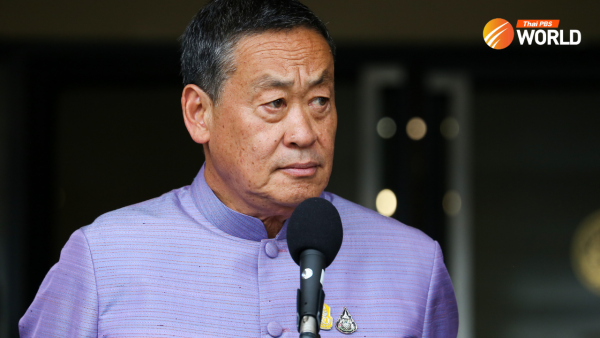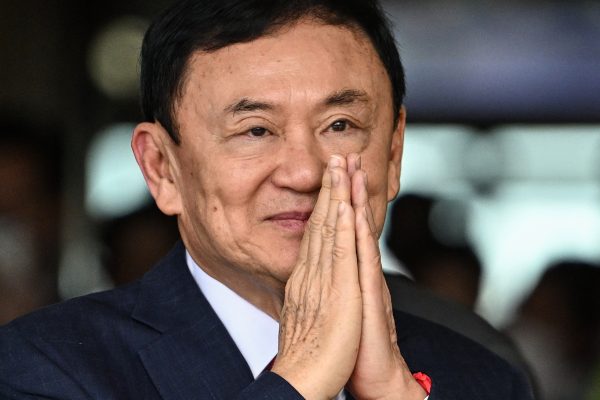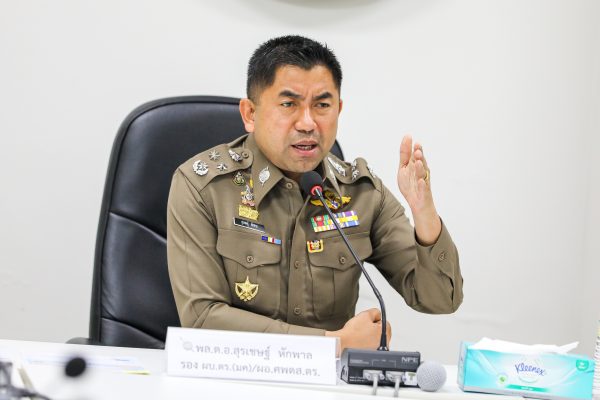How Prayut government finds itself in a state of flux

Thailand, like many places in the world, is facing a medical and economic crisis brought about by the fearsome COVID-19 virus. Throw in the political uncertainties on both side of the great national divide and the country is in an uncharted and potentially treacherous territory.
Politically, many things are revolving around the global outbreak while other things are not. The conflict between the Pheu Thai Party and the former Future Forward Party, for example, has nothing to do with the virus but could determine the immediate and long-term courses of Thai politics. The same can be said about the defections to the government bloc by some Future Forward MPs, and several Democrats’ public feelings that Deputy Agriculture Minister Thammanat Prompow did not answer the opposition’s censure questions clearly.
The on-going student protests against the dissolution of the Future Forward Party, meanwhile, may be affected by the virus. Economic hardships posed by COVID-19 can add to the normal, non-virus economic problems and amplify resentment against the government. If the Prayut administration handles the global outbreak satisfactorily, its political situation may improve. On the other hand, if the coalition mishandles it or even “innocently” succumbs to the virus’ threats, its political trouble could increase dramatically.

There is another big thing to watch as well. Korn Chatikavanij’s new political party, Kla, can be seen as a great, new hope, as with the case of many “new” parties before it. With people on both sides of the ideological divide showing interests, his political camp has to navigate the cloak and dagger of trying to be really “neutral”. Genuine political nonpartisanship is difficult to achieve, and considerable risks exist along the way.

How the said factors materialise would also affect the Bangkok gubernatorial election as well as the push for charter amendment. Will there be a Pheu Thai-Future Forward showdown in the gubernatorial poll? Will Korn’s party have a big say in the contest? Will the students’ campaign impact the drive for constitutional changes, making previously impossible proposals possible?
Many have started to compare the students’ moves to the prelude to the “October 14” — which refers to the 1973 student-led uprising against the dictatorial Thanom regime. Similarities must be eerily staggering for Prime Minister Prayut Chan-o-cha, including calls for the government’s resignation, demands for a democratic Constitution, ideological leaders in jeopardy and campuses’ roles in politics.
Differences, however, are stark, too, namely the participation of elected MPs in the government and, perhaps most remarkably, the lack of parliamentary opposition back then and controversies plaguing some anti-government figures at the moment. Another big difference– some might call it a big irony _ is that China was spreading its political wings in the 70s and the United States was being abhorred by Thai students, whereas Beijing is being busy with the virus at the moment and Washington has been anti-government Thais’ big hope.
Nobody can bang the table and say “This is what’s going to happen”, though. Nothing serious may occur, or it could be October 14 all over again. Or it can be worse or something bigger. Thailand’s political factors, which result from the national divide, are unpredictable enough without COVID-19.
By Tulsathit Taptim






